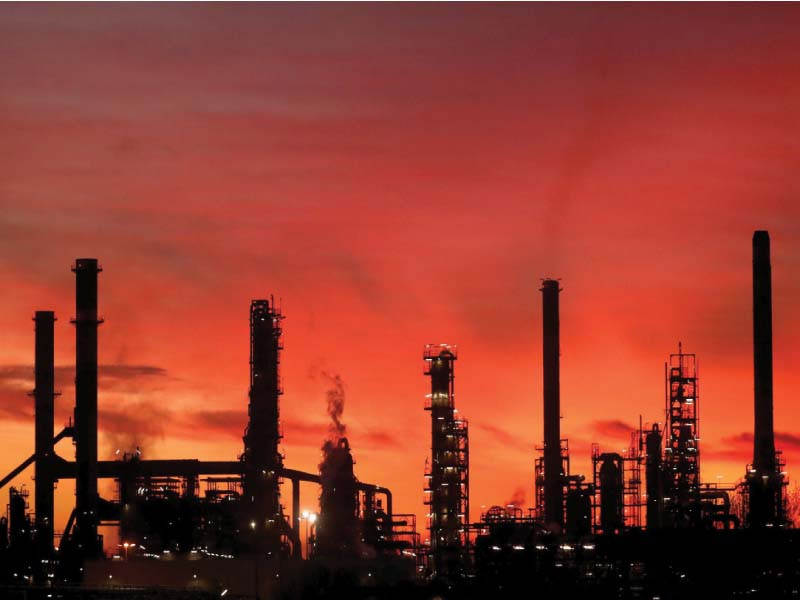
The demand for petroleum products dropped 7% to 1.24 million tons in December 2023, driven down by elevated prices of petrol and diesel and a significant reduction in consumption of expensive furnace oil in power plants.
Citing data of the Oil Companies Advisory Council (OCAC), local research houses reported that the demand for petroleum products had been 1.34 million tons in the same month of the previous year.
Cumulatively, in the first half (Jul-Dec) of the current fiscal year, the consumption of oil products dipped 15% to 7.69 million tons as compared to 9.03 million tons in the same period of last year.
Talking to The Express Tribune, Akseer Research Director Mohammad Awais Ashraf said that Pakistan saw a drop in consumer demand for petrol and diesel mainly due to the surge in their prices over the past one year.
He said that on average petrol price increased 24% in one year to Rs276 per litre as compared to Rs216 per litre a year ago. Similarly, diesel price surged 20.5% to Rs276 per litre as opposed to Rs229 per litre a year ago.
Moreover, a slowdown in industrial output including power generation explained why the demand for petroleum products – mainly furnace oil and diesel – shrank in December and in the first half of FY24. The director said the price spike came after the International Monetary Fund (IMF) asked the government under its loan programme to withdraw the consumer subsidy on oil products and keep adjusting petroleum prices in line with the global trend.
Read Oil prices set to end year 10% lower
Besides, rupee depreciation of almost 20% in 2023 also pushed energy prices to higher levels as Pakistan met over 70% of energy demand through imports. He, however, pointed out that at present prices were notably lower compared to the record high seen in the recent past. Falling international oil prices and the return of stability to rupee-dollar exchange rate helped pass on benefits to end-consumers.
He pointed out that furnace oil demand declined significantly after the government decided to phase out the expensive option for power generation. The arrival of a new and cheaper nuclear power plant and local coal-fired power plants helped get rid of furnace oil.
The research house director projected that the consumption of petroleum products would stabilise around current levels ahead of the expected bumper crop of wheat this season (October 2023 to March 2024) and because of the turnaround in cotton crop.
“The demand for petroleum products will remain 14-15% lower in the full current fiscal year compared to FY23.” However, prices were expected to remain near and around current levels in the second half (Jan-Jun) of FY24, he said.
Published in The Express Tribune, January 3rd, 2024.
Like Business on Facebook, follow @TribuneBiz on Twitter to stay informed and join in the conversation.

1731570357-0/elon-musk-(1)1731570357-0-405x300.webp)
-(1)1717678110-0/Kendrick-(1)-(1)1717678110-0-165x106.webp)











1701878960-0/Galaxy-Leader-(1)1701878960-0-270x192.webp)






COMMENTS
Comments are moderated and generally will be posted if they are on-topic and not abusive.
For more information, please see our Comments FAQ